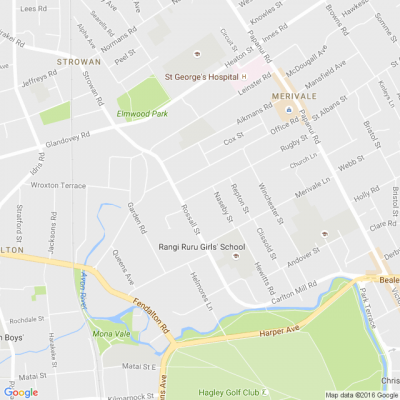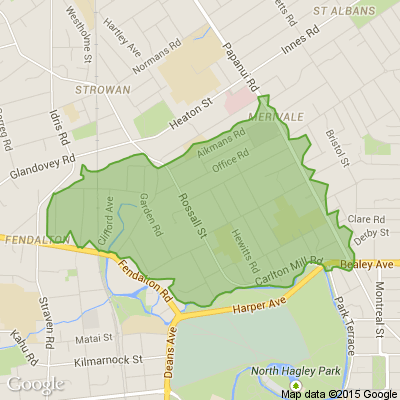Be aware of text messages that are Scams
So how does the scam work?
The message will look like it comes from a legitimate New Zealand agency like Waka Kotahi (NZ Transport Agency), NZ Post, Inland Revenue, NZ Police or a Bank. It will often be sent by a number with either a 64 or 61 prefix at the beginning - country codes from New Zealand and Australia.
It will encourage you to click on a link and pay a bill or toll, sometimes to collect a cash prize.
Advice for dealing with scams
• Not all messages will look the same, as scammers change their wording over time.
• Do not engage with or click any links before you know a message is genuine.
• To check if a message is genuine, check directly with the people it came from. Go to the organisation’s website or check your online account directly.
• Scam messages commonly contain bad or irregular spelling and grammar. Use this as your first sign that this could be a scam.
• Never provide any card or personal details if you do click a bad link.
• If you have paid money already, speak to your bank as soon as possible and let them know what’s happened.

New Year, New Questions You Won’t Solve!
I get smaller every time I take a bath.
What am I?
Do you think you know the answer to our daily riddle? Don't spoil it for your neighbours! Simply 'Like' this post and we'll post the answer in the comments below at 2pm.
Want to stop seeing riddles in your newsfeed?
Head here and hover on the Following button on the top right of the page (and it will show Unfollow) and then click it. If it is giving you the option to Follow, then you've successfully unfollowed the Riddles page.

Share your summer photos! 📷
Taken some beautiful snaps lately? Whether it's rainbows, sunsets or a beautiful summer's day, we'd love you to share the joy with us.
Share a photo in the comments below

Clothesline upgrade
Turn a tired old clothesline into a stylish garden feature that brings joy to the chore of getting your washing out in the sun. Finish in Resene Waterborne Woodsman Crowshead. Find out how to create your own with these easy step by step instructions.







 Loading…
Loading…











